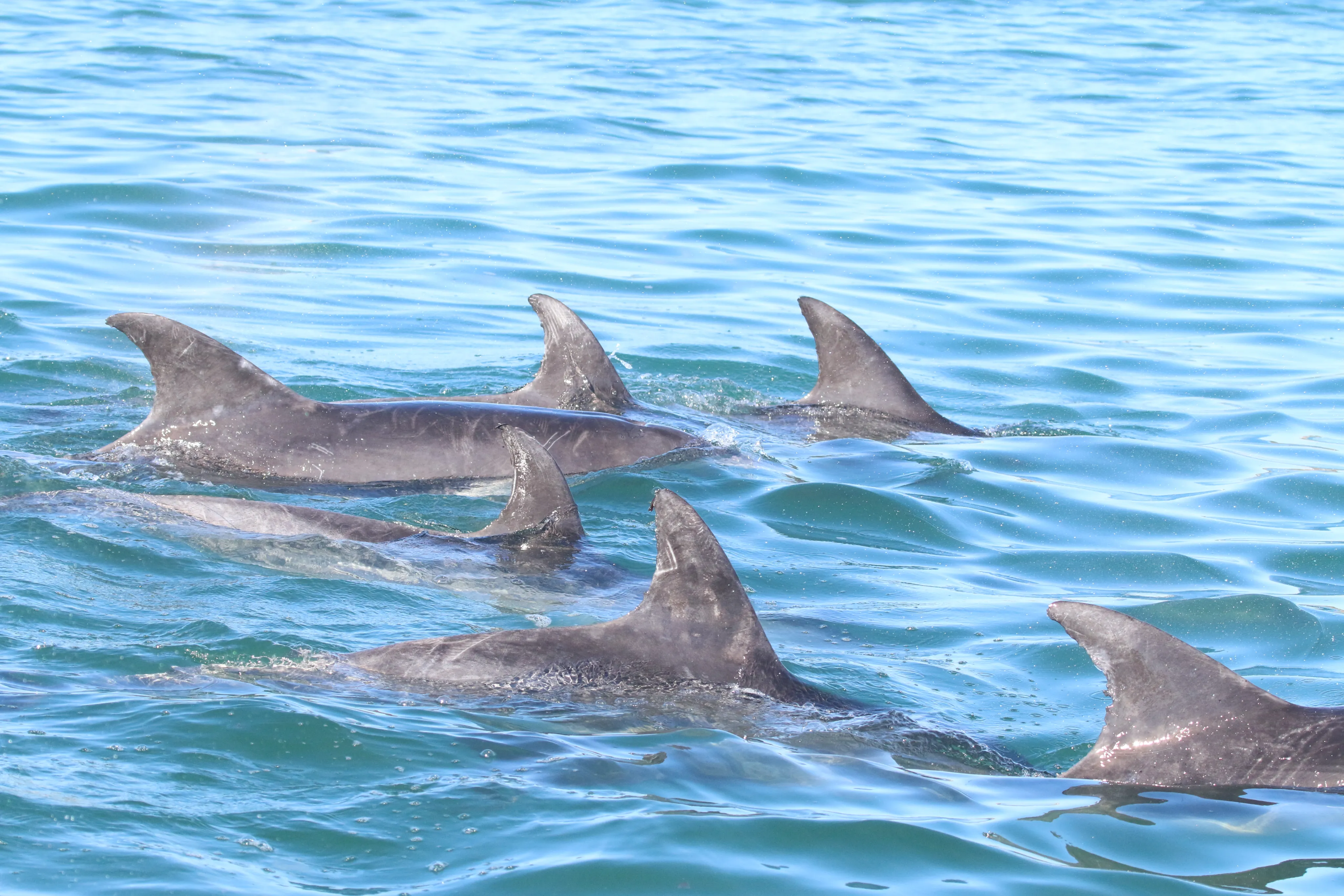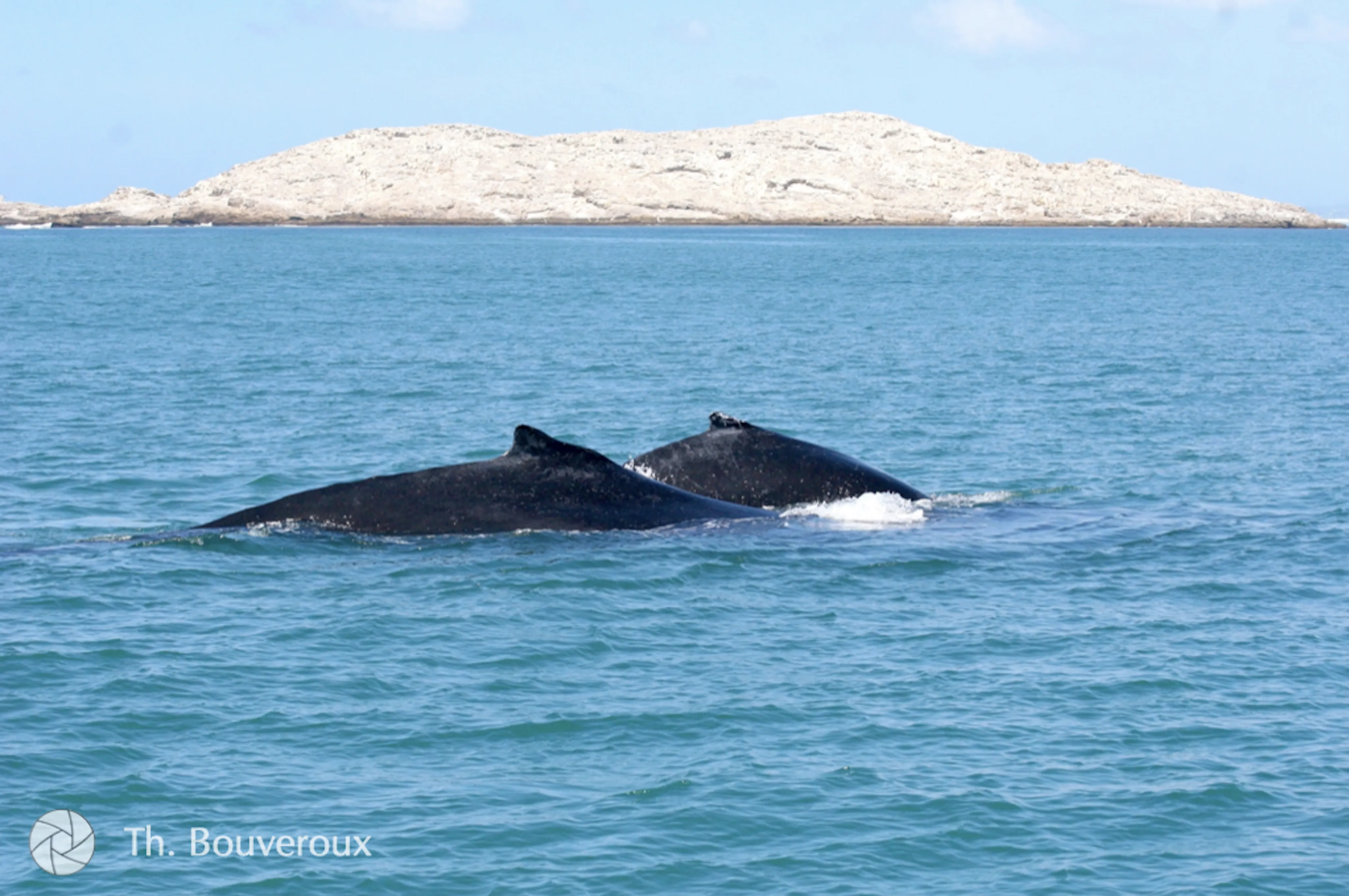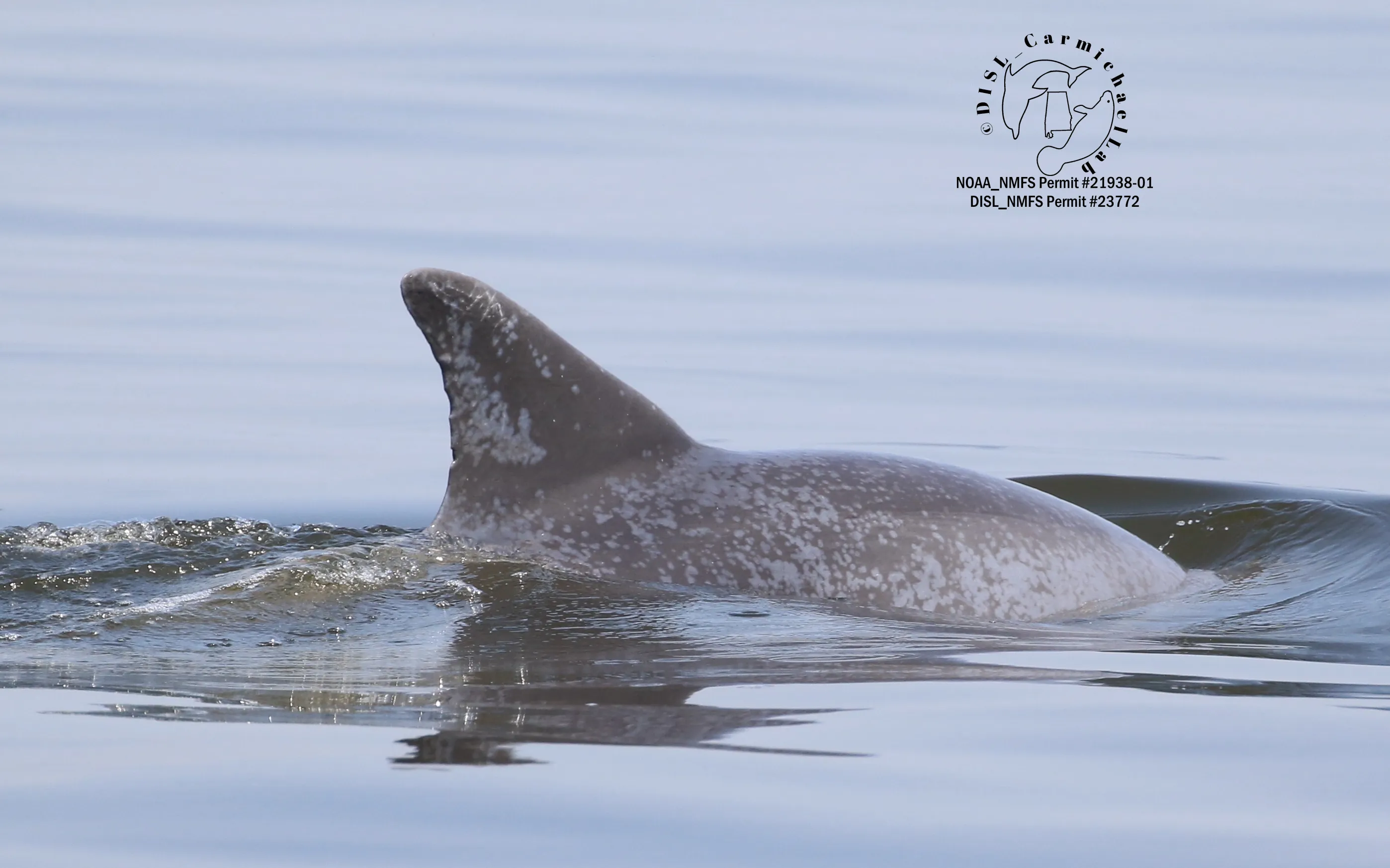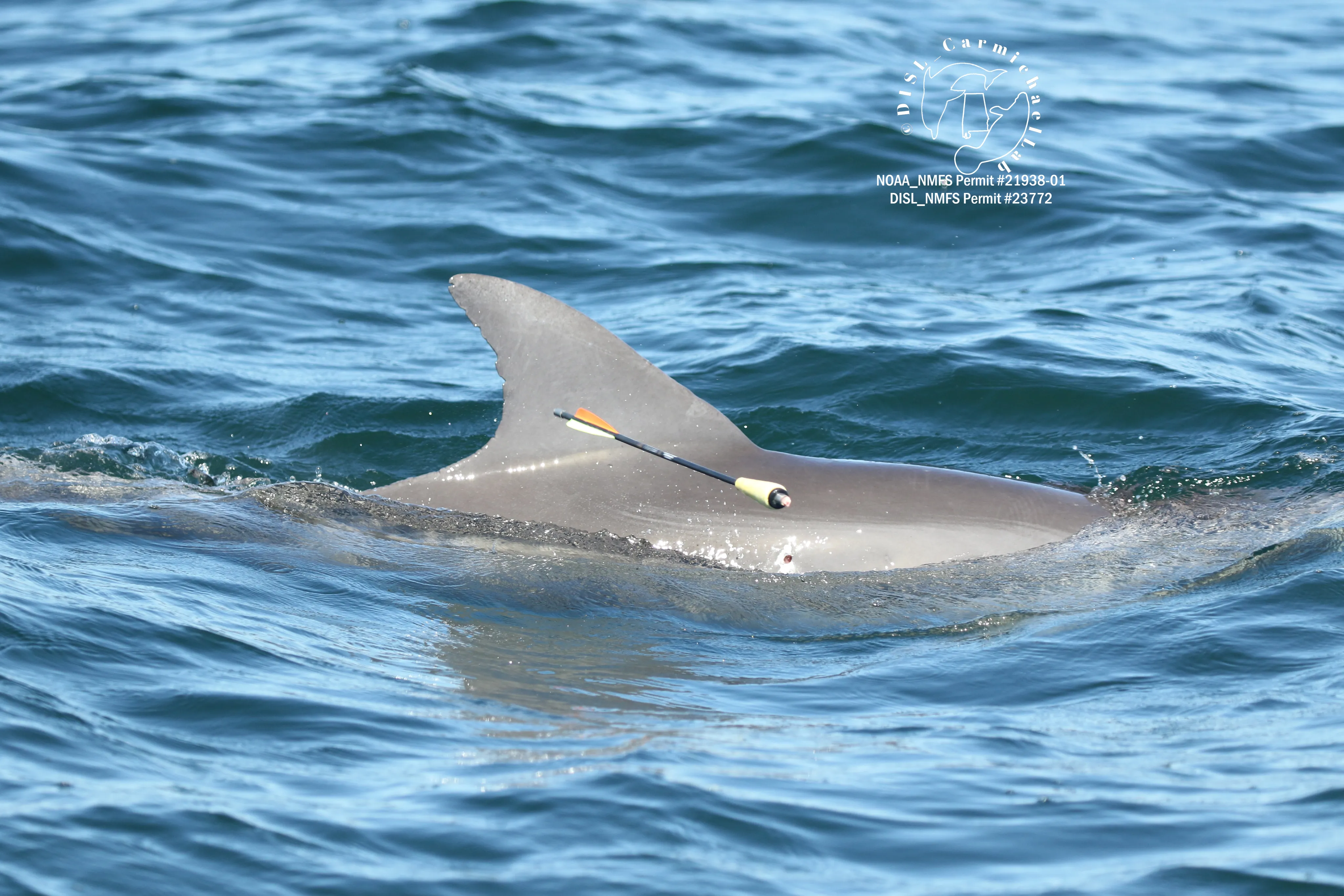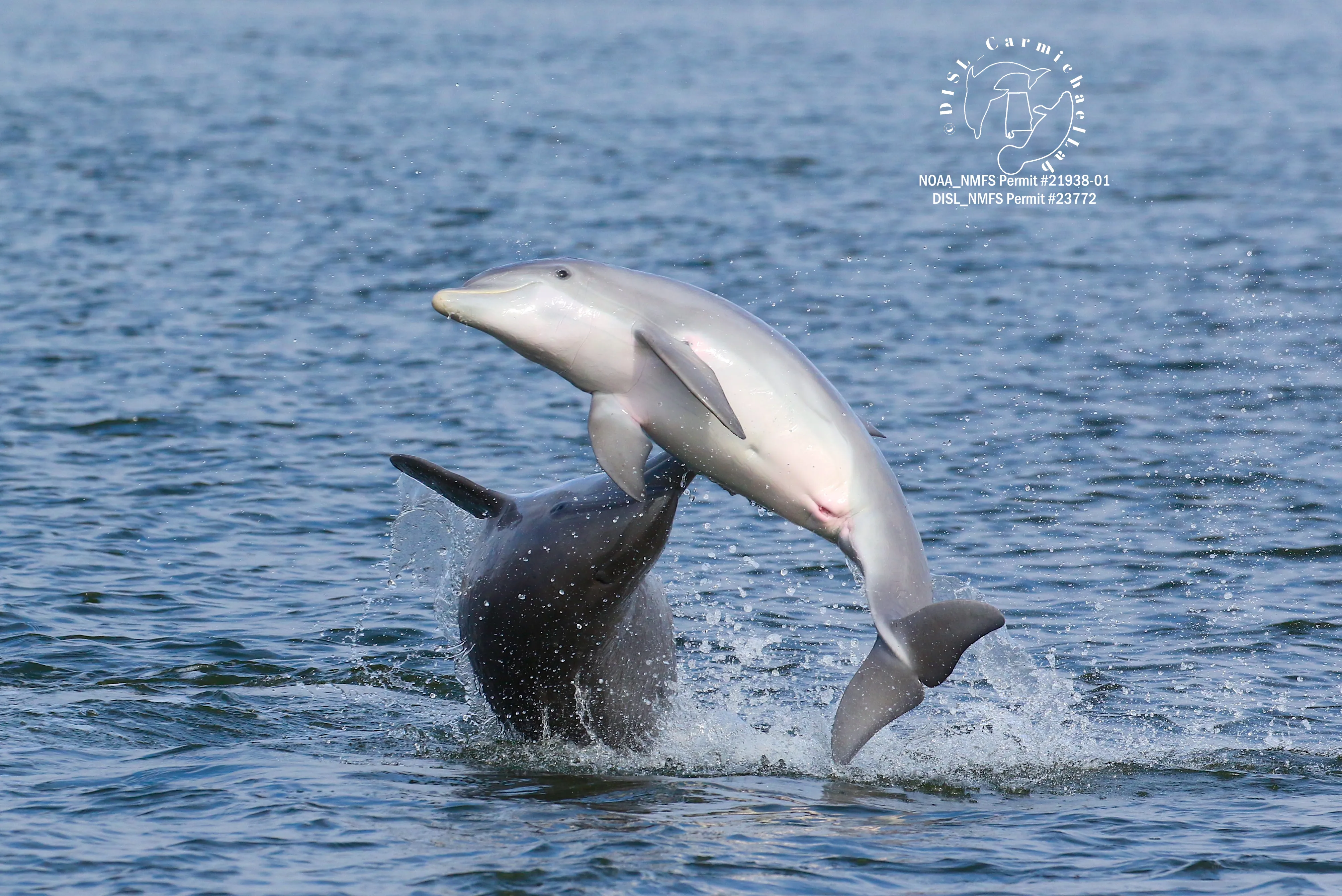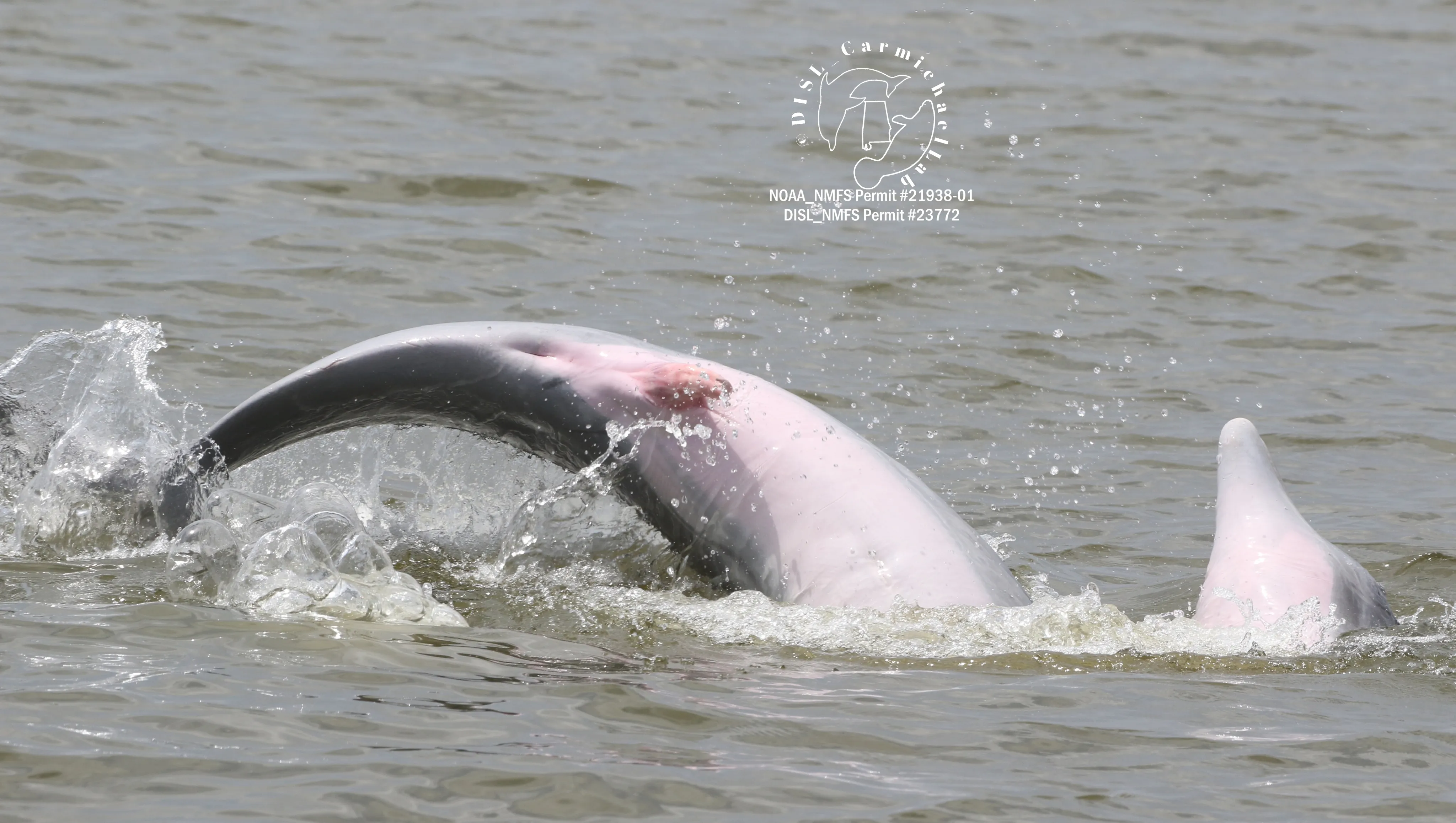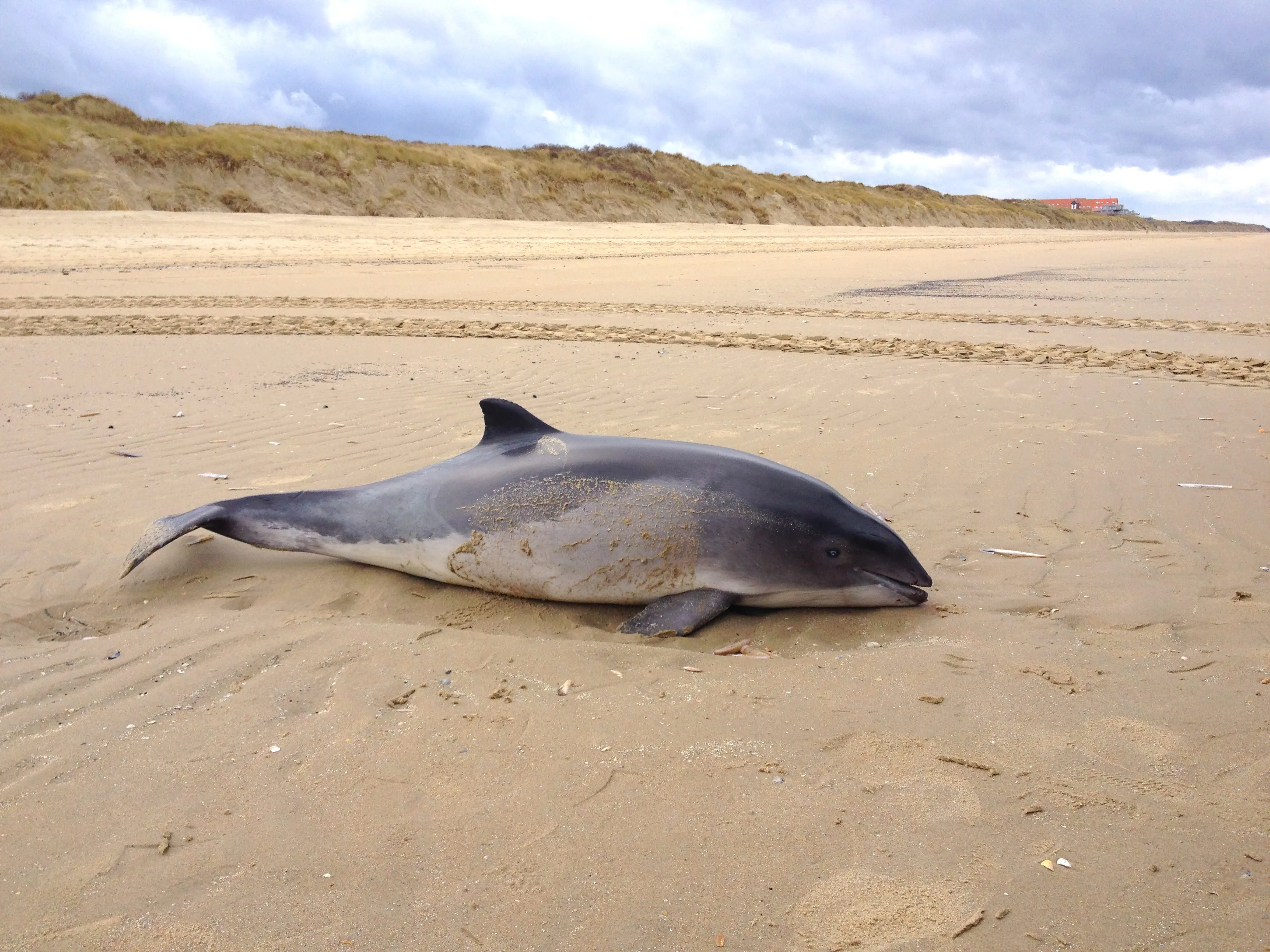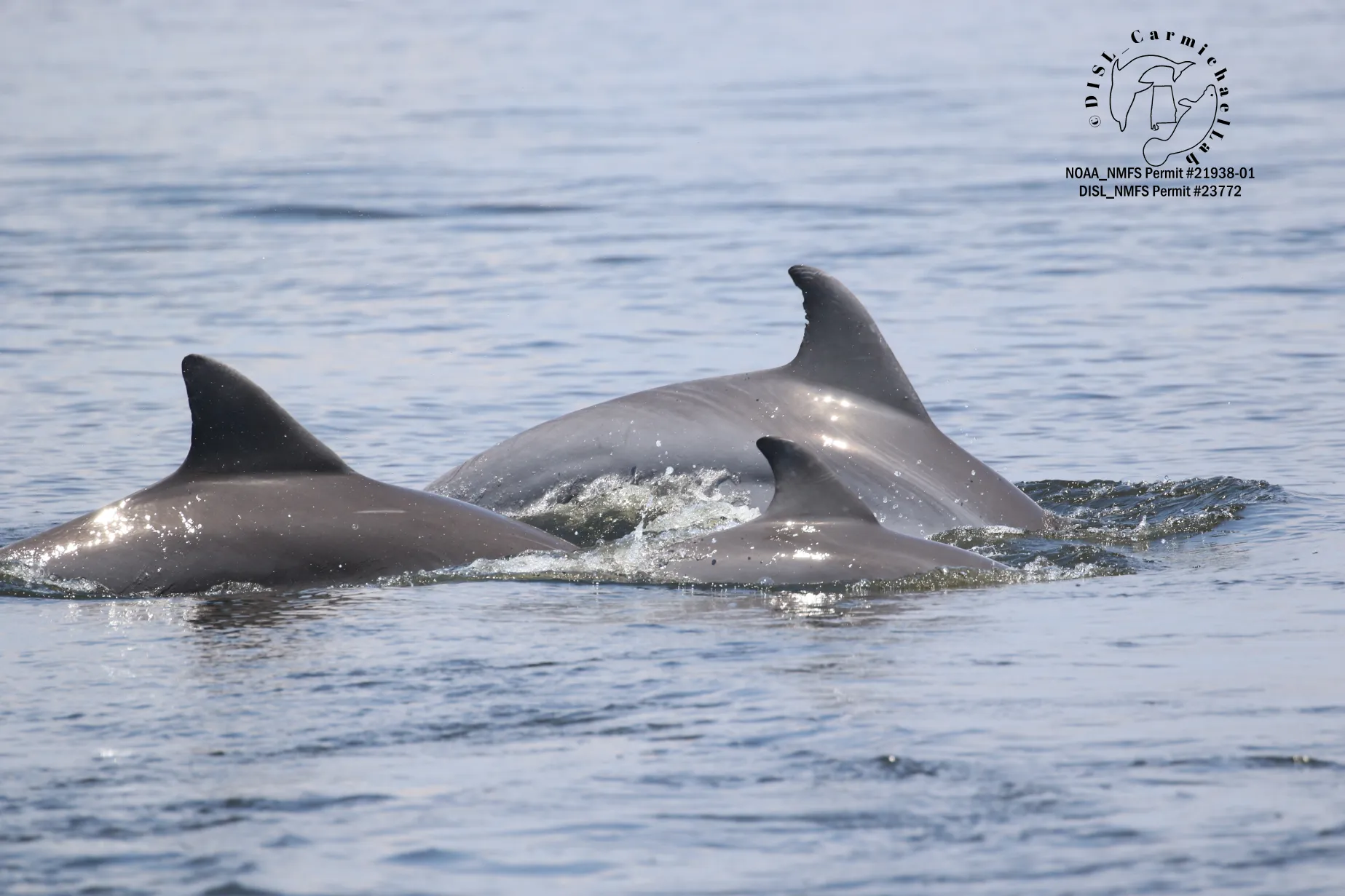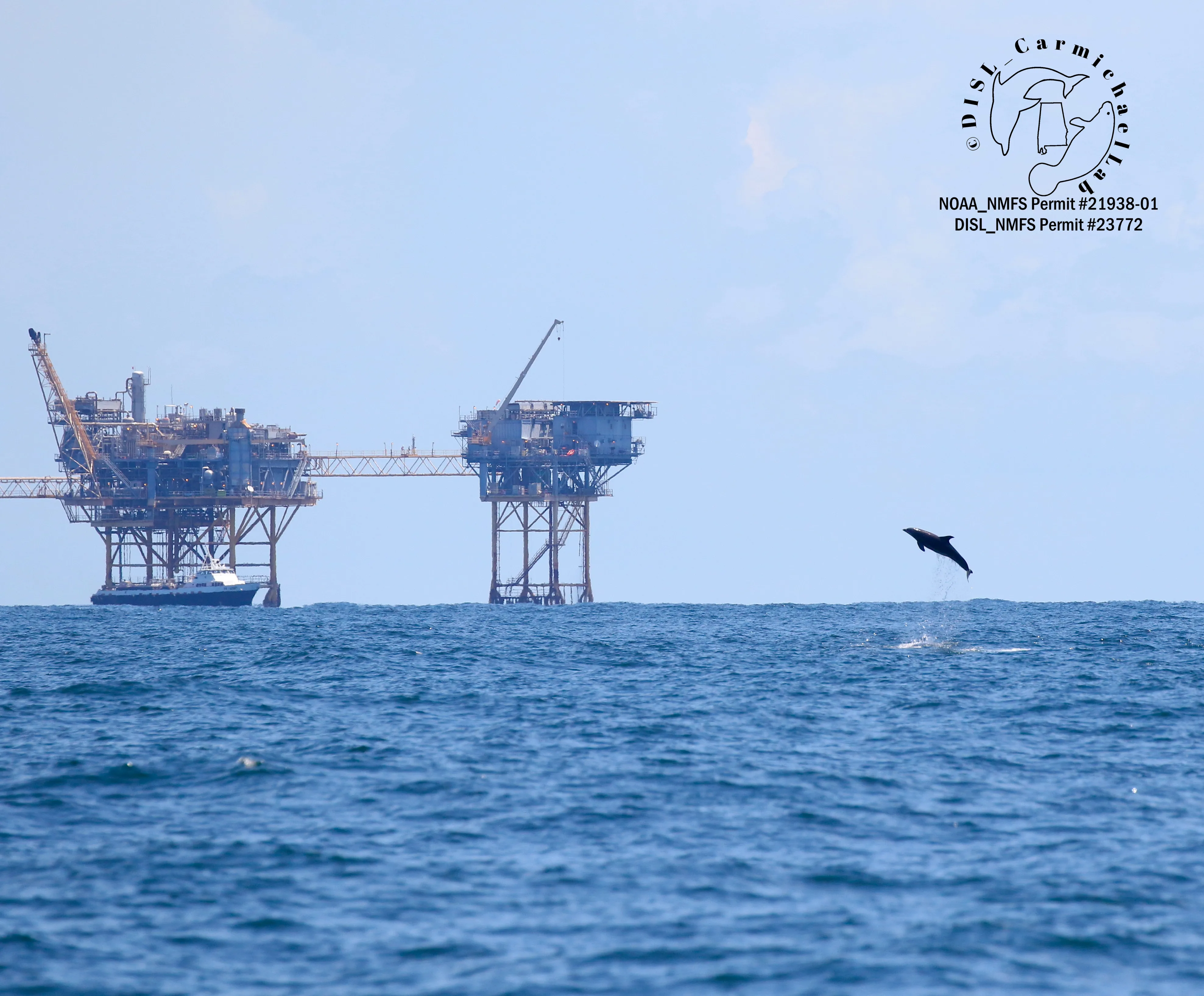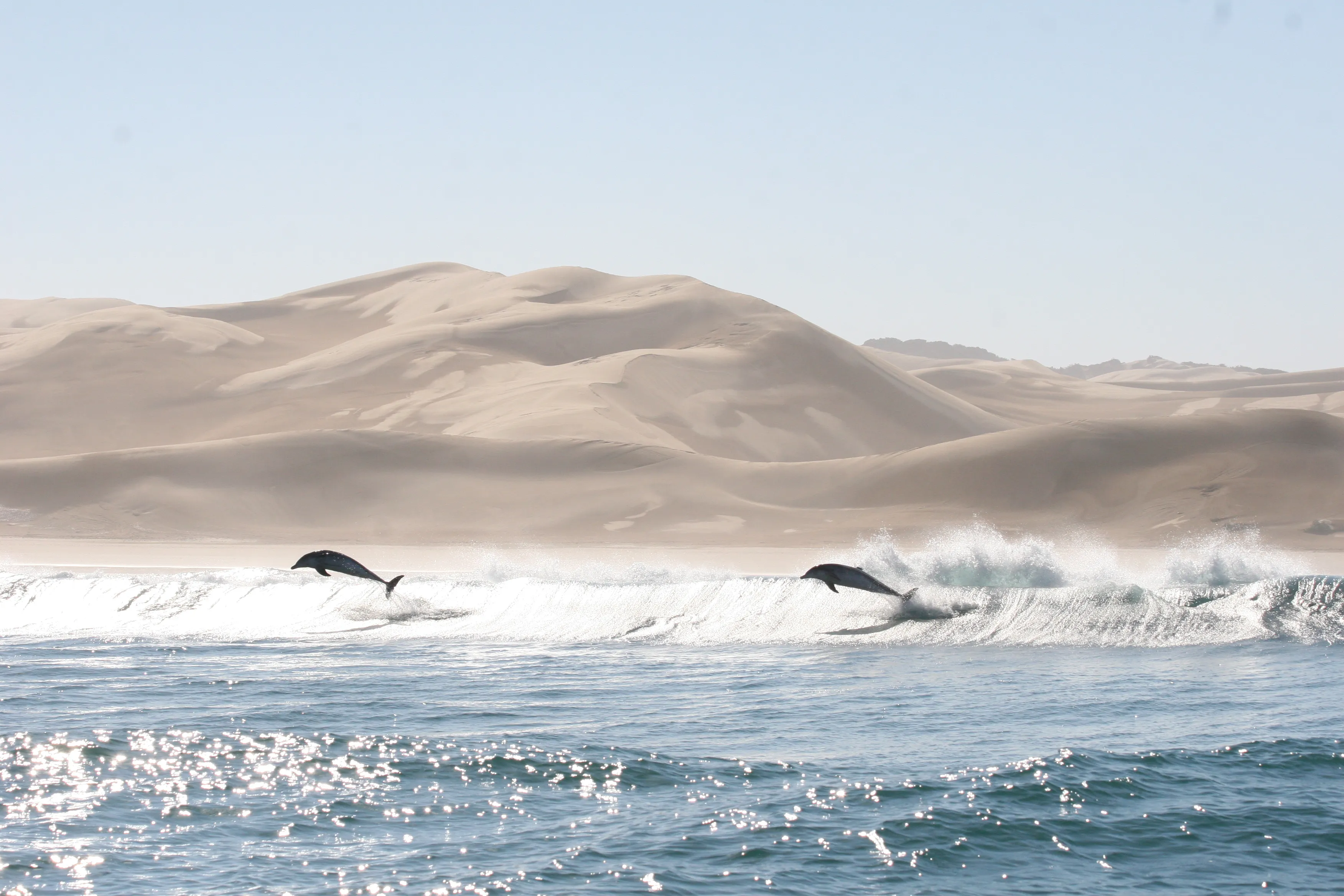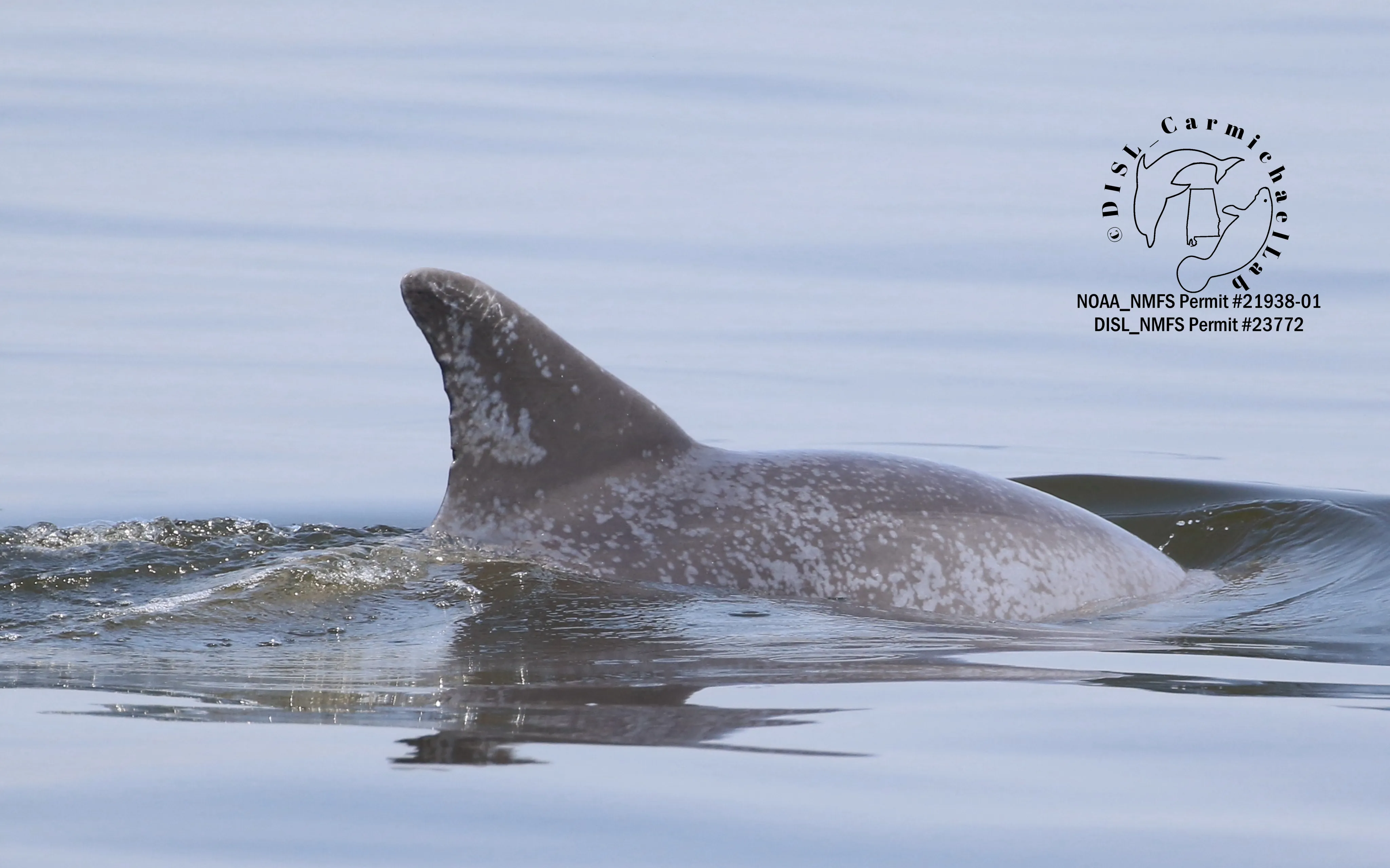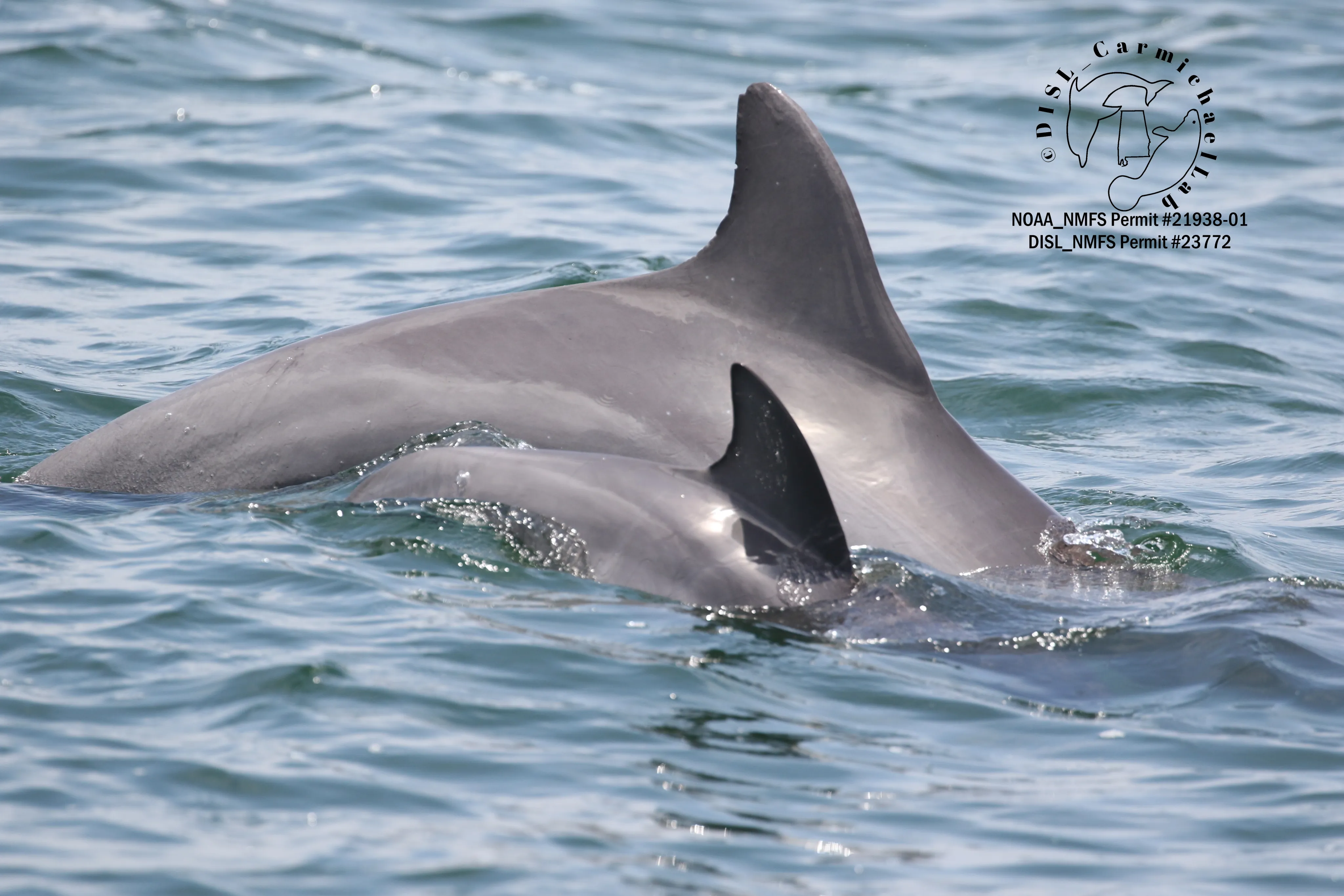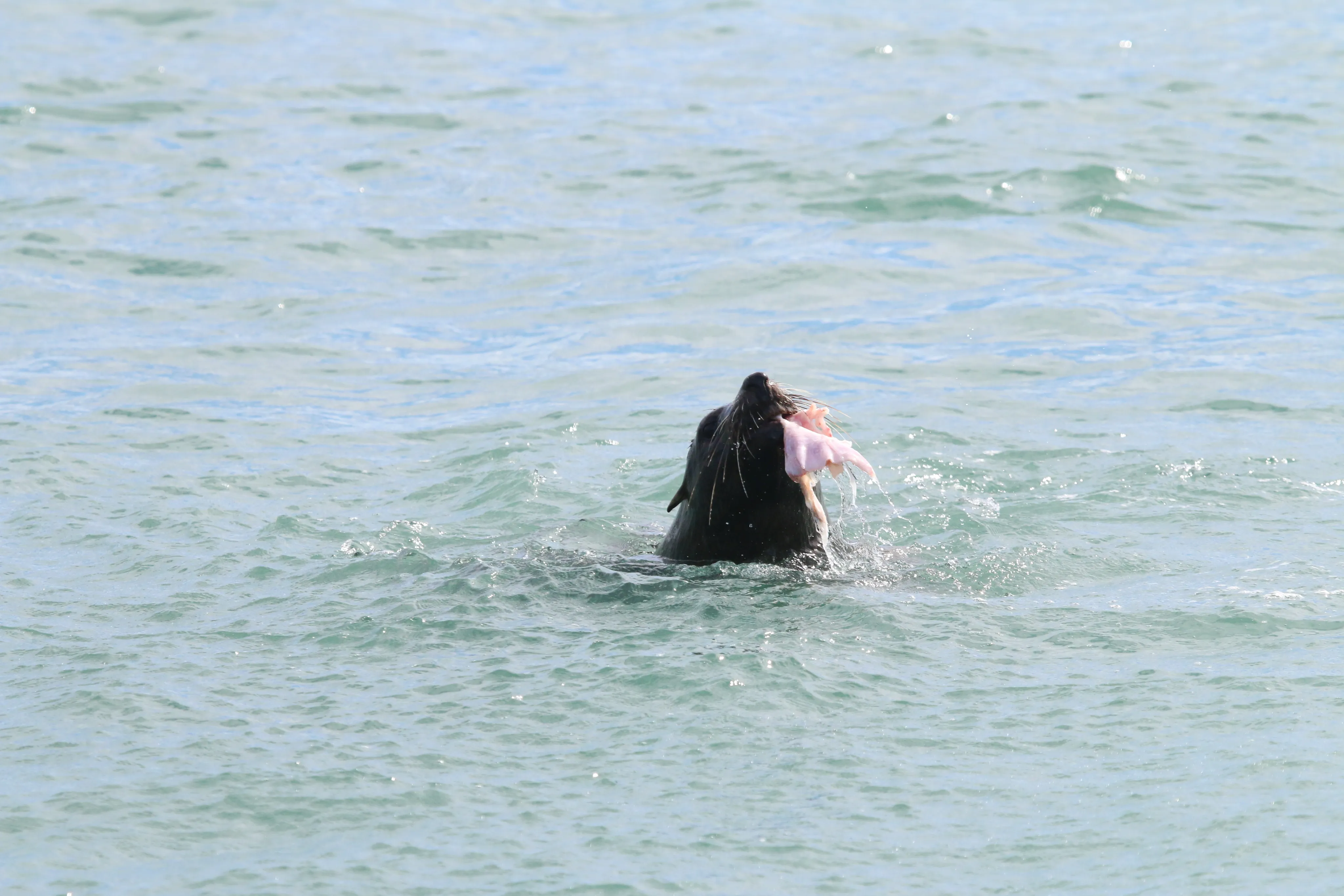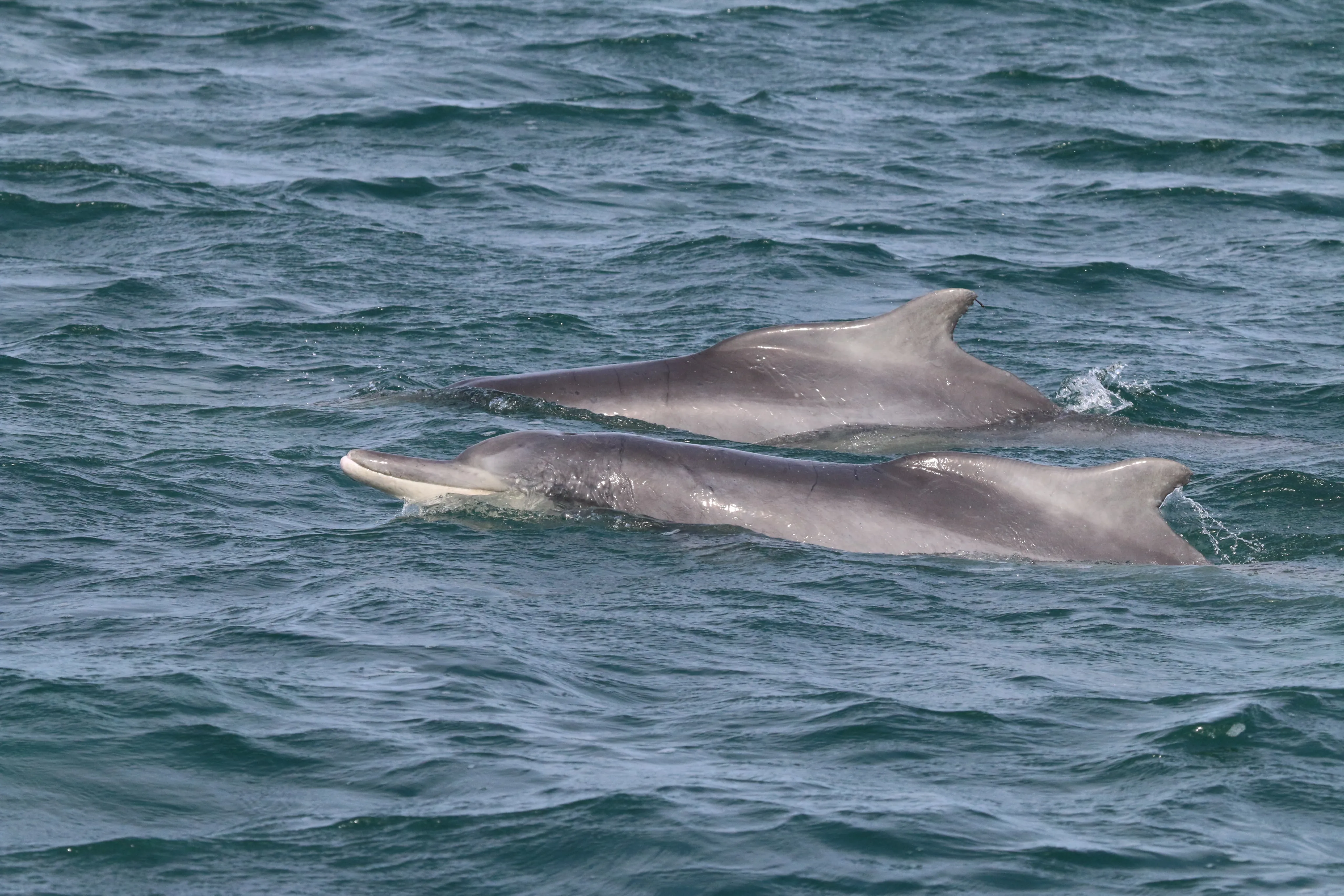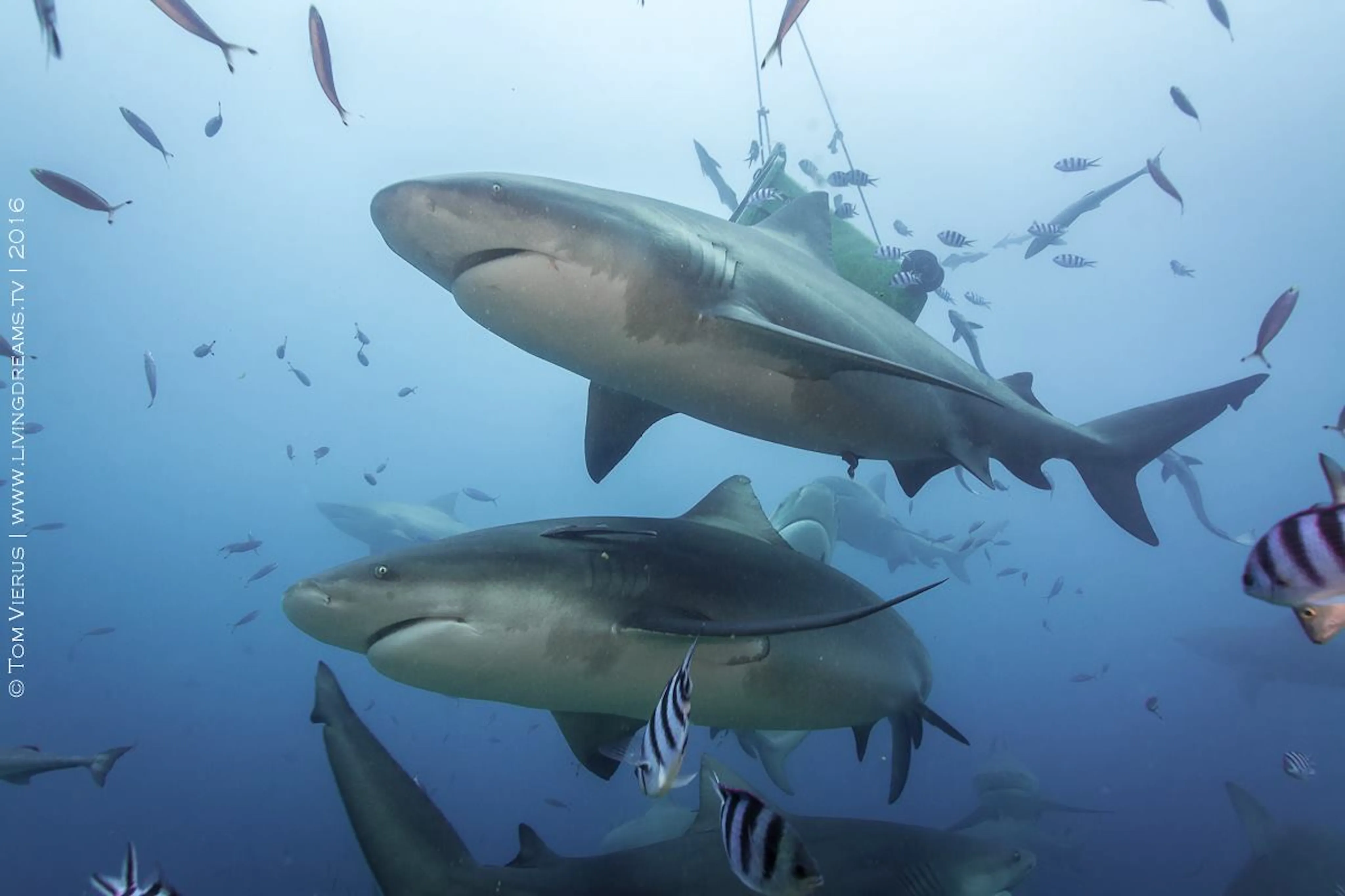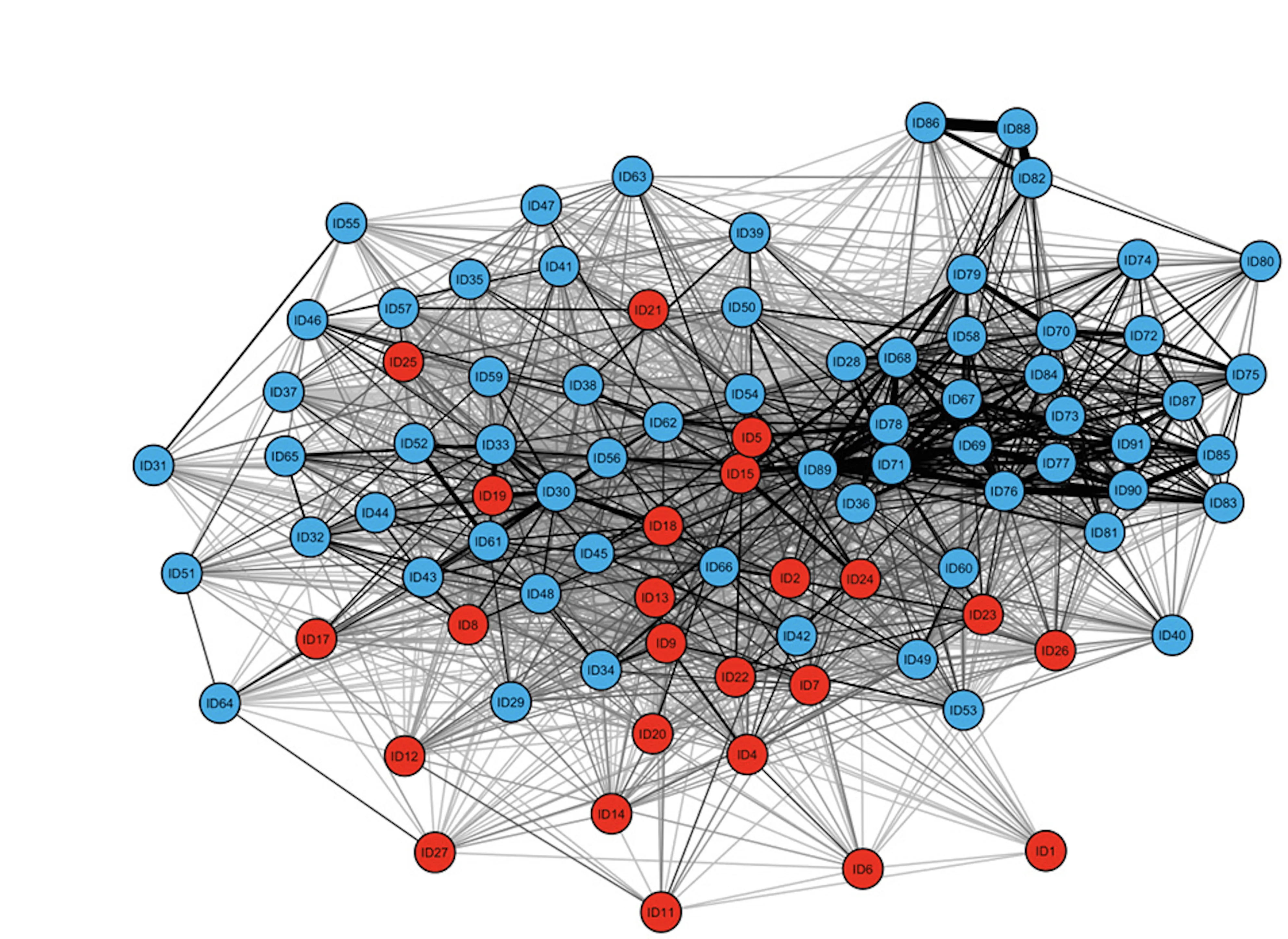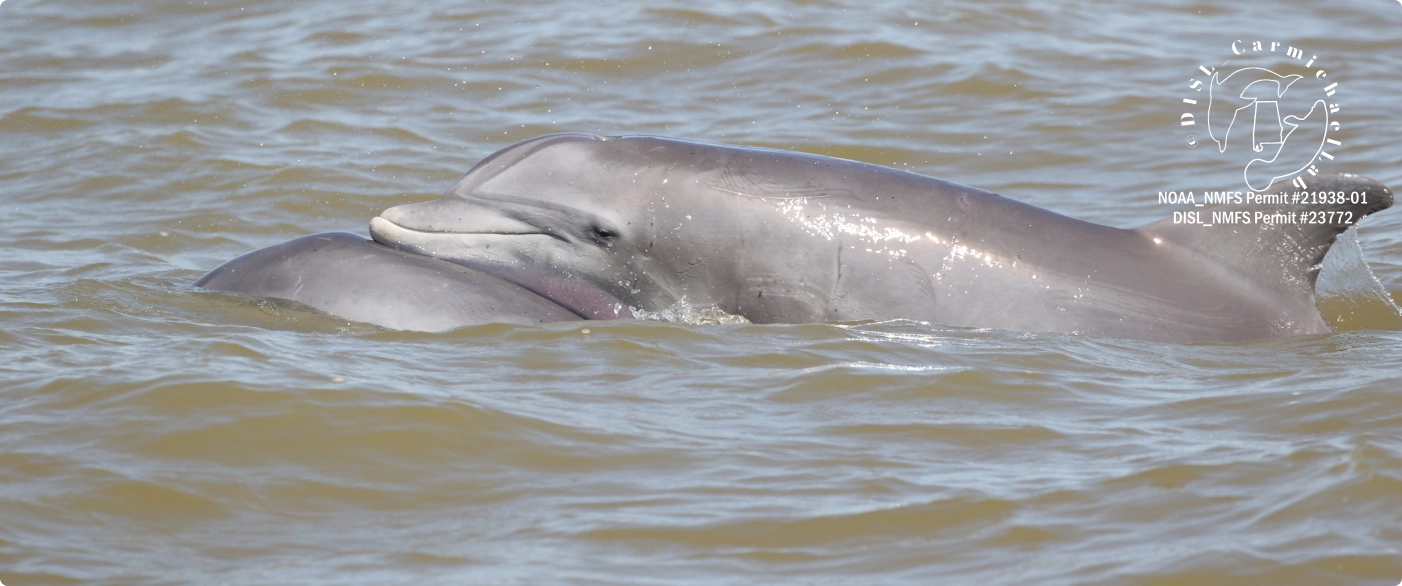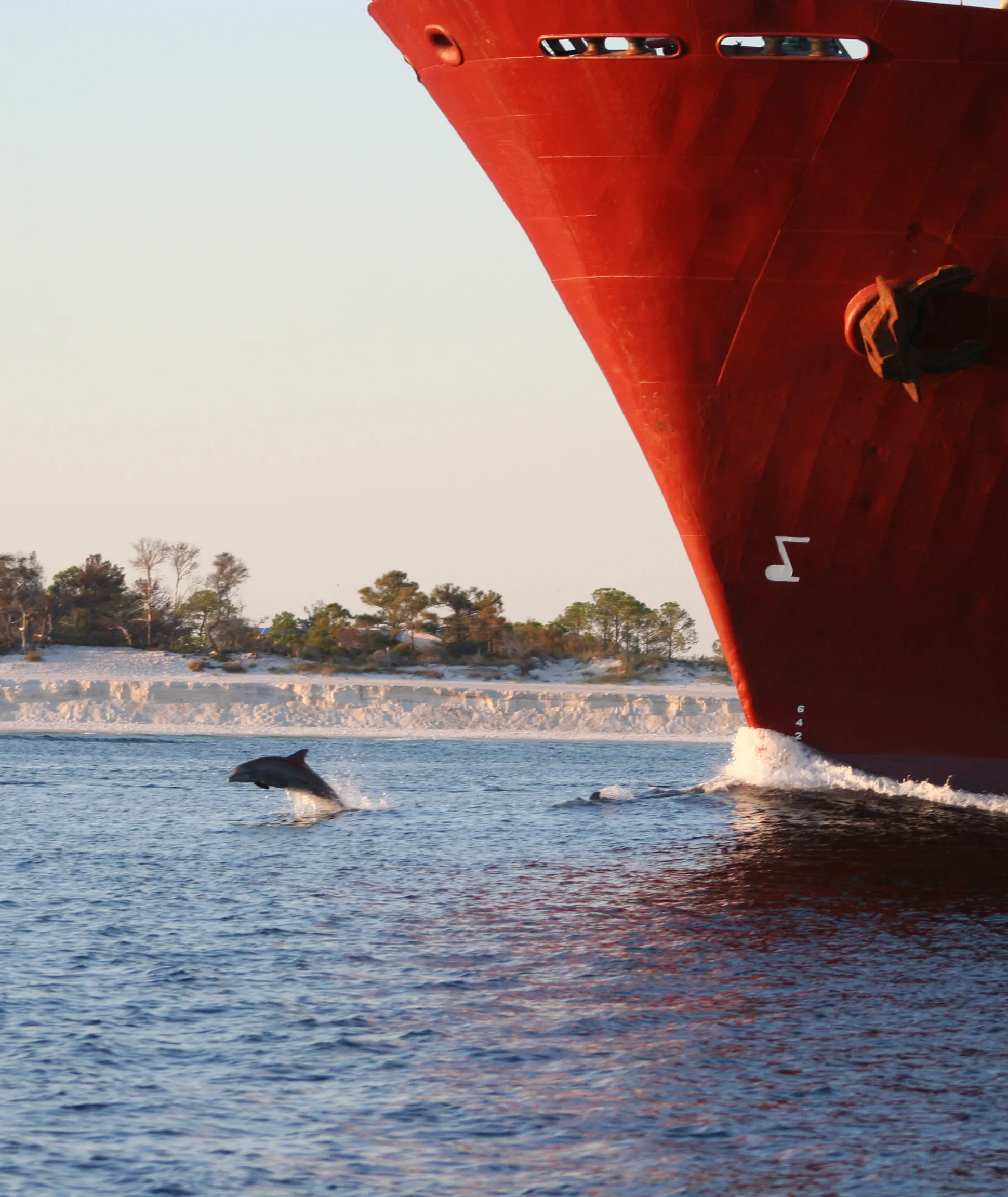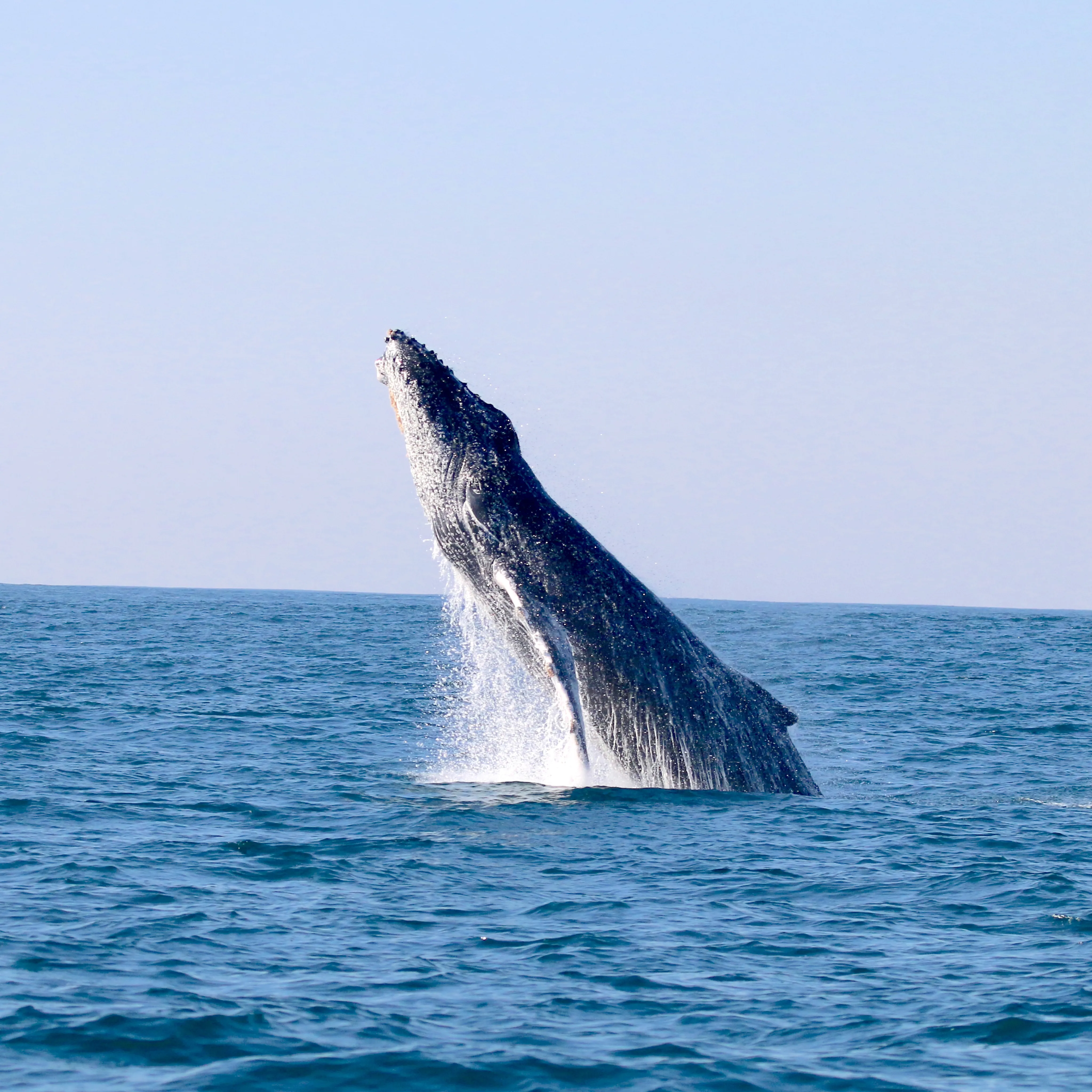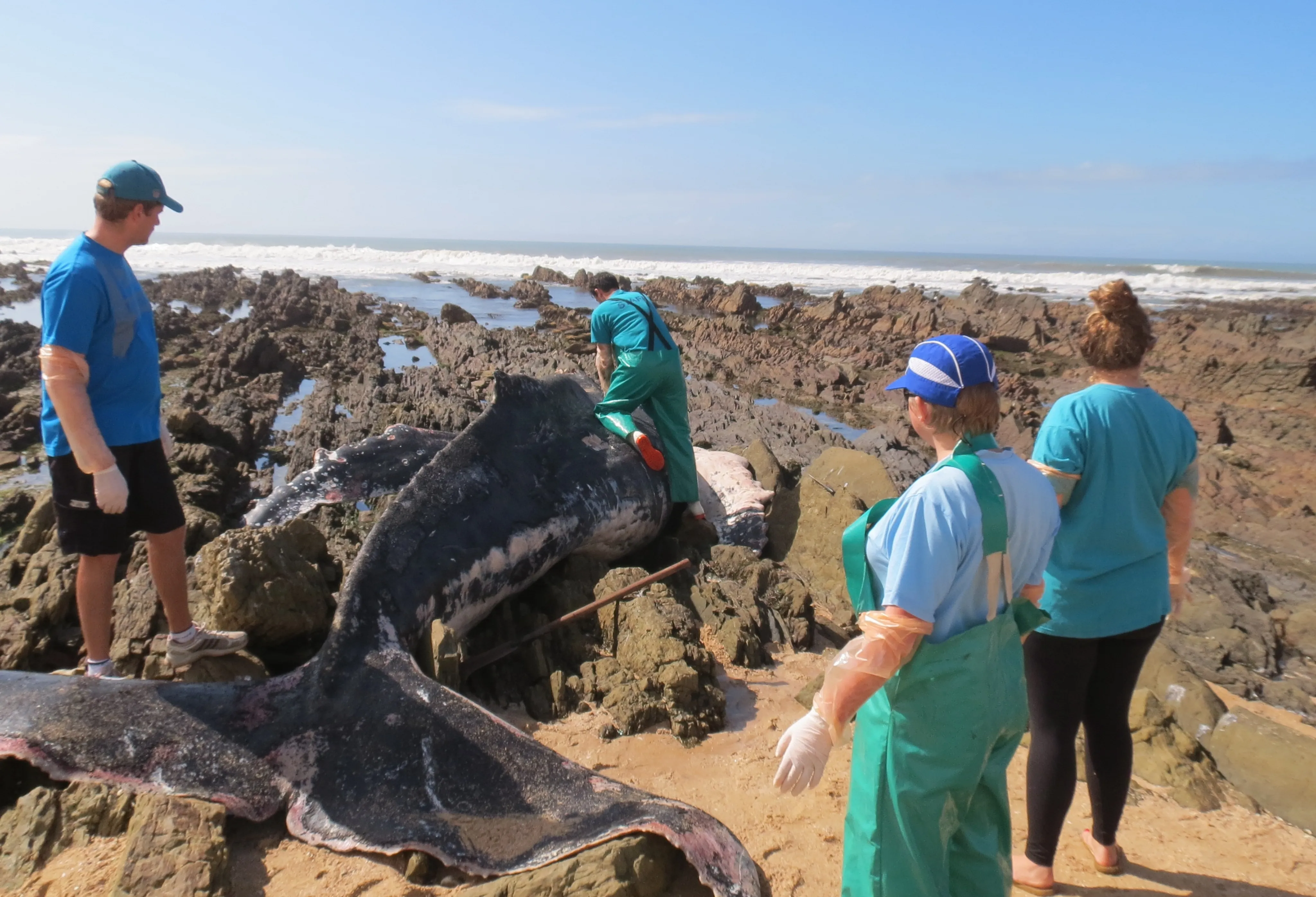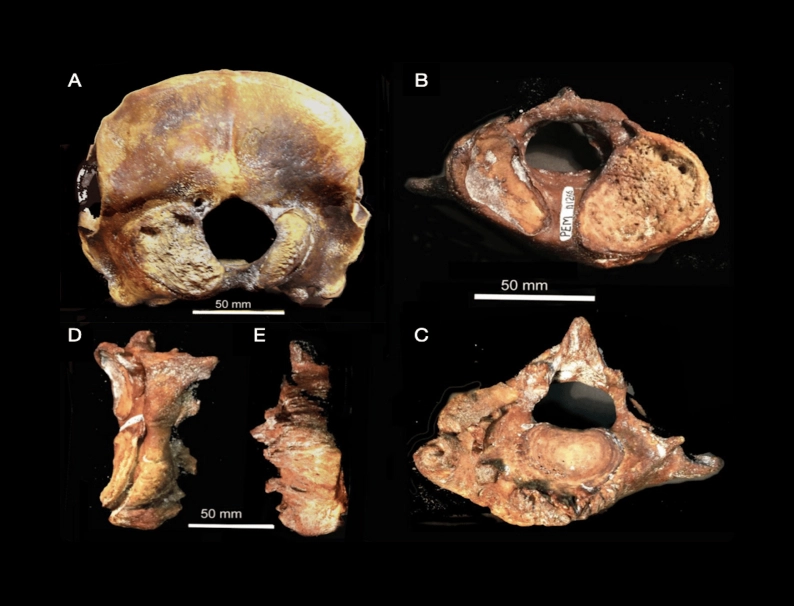Marine Mammal Expertise
Studying the ecology of marine predators to protect their populations, preserve marine ecosystems, and safeguard human health.
Contact usabout us 1
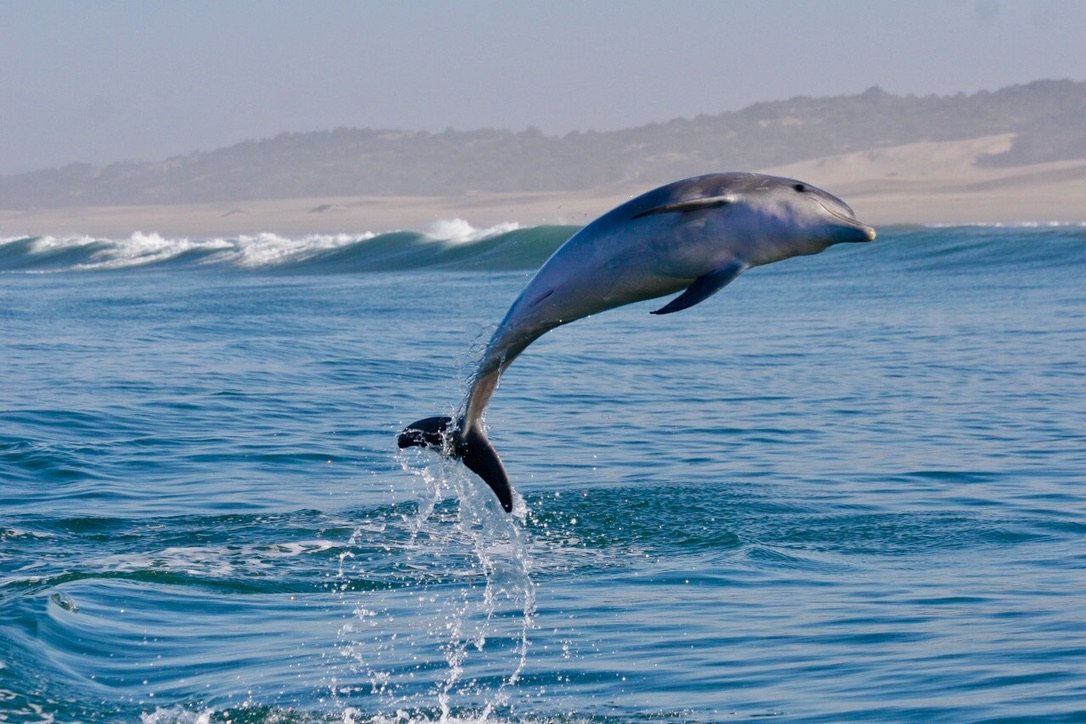
Marine Mammal Expertise (MME) is an experienced research center based in Belgium, dedicated in studying the ecology and behavior of marine mammals and other marine predators to enhance their conservation.
Our primary focus is on understanding the relationships between marine mammal populations and their ecosystems, including the impacts of human activities to develop conservation efforts and management strategies. For over 20 years, we have been conducting comprehensive ecological research on iconic species like the cosmopolitan common bottlenose dolphin (Tursiops truncatus), the endangered humpback dolphin (Sousa plumbea), the elusive harbor porpoise (Phocoena phocoena), and the bull shark (Carcharhinus leucas).
We have gained extensive research experience and scientific knowledge through studies conducted in diverse regions and ecosystems, including the tropical, sub-tropical, and temperate of the United States, South Africa, and France. Our recognized expertise has been demonstrated through many scientific peer review publications and presentations at international conferences.
Why do we study marine apex predators?
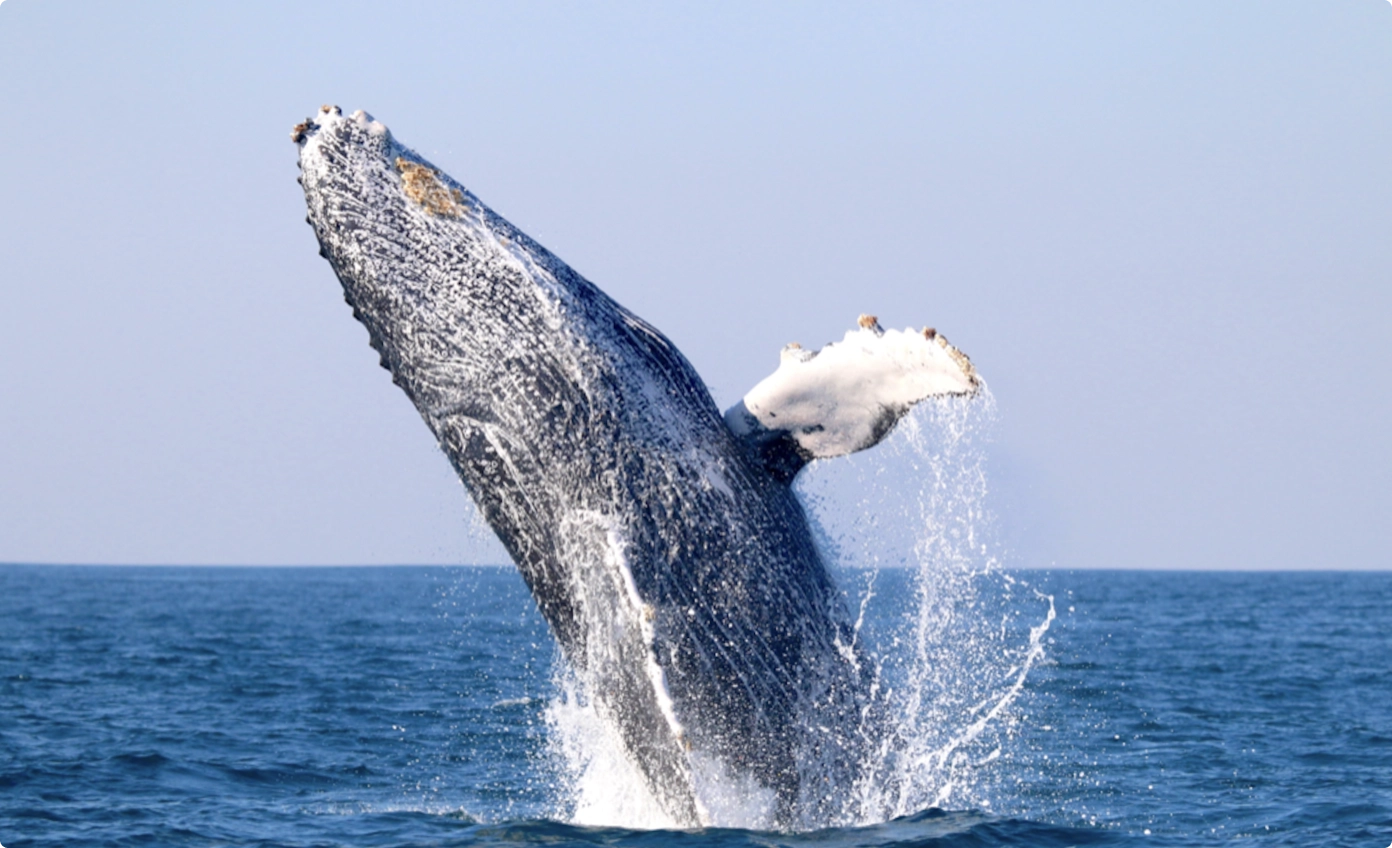
Like humans, marine mammals and sharks are long-lived predators that reside at the top of the food chain. They play crucial roles in regulating ecosystem’s structure and function. Apex predators are good indicators of the ecosystem health because reflect the condition of marine environments, that we also depend on.
Over their lifespan, they accumulate pollutants that are increasingly present in concentrations in their marine habitats and their food. Marine mammals and sharks are also facing numerous human-induced threats, such as overfishing and bycatch, pollution, habitat degradation, and climate change. By studying these apex predators and protecting them, we also protecting the oceans and preserving human health.
Contact usOur mission 2
Marine Mammal Expertise is dedicating its effort to unraveling the complexities of marine ecology and behavior of marine apex predators, particularly marine mammals and sharks in various marine and estuarine ecosystems.
Our work primarily focuses on collecting key data for population conservation and management, with an emphasis on population dynamics and behavioral ecology. This mostly includes research on population abundance and demography, species distribution, habitat selection, life history, behavior, and social structure.
We also engage in collaborative studies with leading research groups to enhance scientific expertise and access laboratory facilities required in specific projects, such as genetics, stable isotope and contaminant analyses as well pathology research.
In addition to research, MME is committed to training research teams, mentoring students, and offering expert consulting services to local organizations and institutions wanting to strengthen marine conservation efforts in their regions.
We offer scientific support and expertise, from data collection on the field to data processing and analyses, to successfully implementing each project and delivering high quality outcomes that assist stakeholders with decision-making.
We provide our recognized expertise to lead, manage and supervise projects in close collaboration with partners, funding agencies, relevant stakeholders and develop capacity building to local institutions.
our research and projects 3
Our research and projects
At the Marine Mammal Expertise, we employ the standard method of photo-identification to identify individuals by their natural markings present on the dorsal fin, the body, or the fluke, depending on the species being studied. This non-invasive technique allows us to collect individual-level data to make inferences about the entire population. Additionally, we use complementary methods and data, including remote biopsy sampling, stranding data and necropsies to deepen our understanding of population dynamics and species ecology.
Contact usGlobal collaborative research
MME has been involved in the creation of two important consortium to gather local scientists to improve data collection and data sharing for mutual used and analyses.
Contact us
The SouSA Consortium is a nationwide research collaboration established in 2016 by a network of researchers in South Africa, to combine data and research efforts on the Indian Ocean humpback dolphin, Sousa plumbea, the most endangered marine mammal species in South Africa.
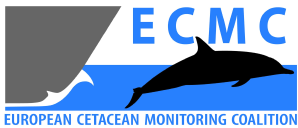
The European Cetacean Monitoring Coalition in the North Sea and eastern north Atlantic is a coalition aiming to monitor marine megafauna and combine data collected using platform-of-opportunity, such as ferry boats.
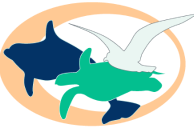
Since 2014, we also collaborate on the Gulf of Mexico Dolphin Identification System (GoMDIS), a large collaborative online platform initiated in 2010 that combines photo-ID catalogues from research groups across the Gulf of Mexico. This system aims to identify and monitor individual dolphins as well to track their movements and residency patterns throughout the region.
Collaborators 4
Our past and current collaborators and partners
MME partners with diverse research institutions and organizations in interdisciplinary research, including universities, NGOs and governmental agencies, such as:
- Bangor University, UK
- Centre National de la Recherche Scientifique (CNRS), France
- Centre pour la Biodiversité Marine l'Exploitation et la Conservation (MARBEC), France
- Dauphin Island Sea Lab, Alabama, USA
- Florida International University, USA
- GLOBICE-Réunion, Réunion Island, France
- Institut de Recherche pour le Développement (IRD), France
- James Cook University, Australia
- Marine Conservation Ecology Lab, USA
- Marine Megafauna Lab, UK
- National Oceanic and Atmospheric Administration (NOAA), USA
- Nelson Mandela University, South Africa
- Observatoire Pelagis, France
- Rhodes University, South Africa
- Sea Watch Foundation, UK
- University of the Azores, Portugal
- University Catholique de Louvain, Belgium
- University of Liège, Belgium
- University of New England, USA
